
“The right of the People to be secure in their persons, houses, papers and effects, against unreasonable searches and seizures, shall not be violated….” ~ From the Sixth Article, U.S. Bill of Rights, Ratified: December 15, 1791, Fourth Amendment
Marie McDonnell joined me on The Solari Report last year to help you learn how to successfully originate a mortgage without falling into the financial fraud traps and schemes that have become common in the United States: Your Mortgage: Financing Your Home Without Falling for Fraud.
Once you have successfully originated your mortgage—even when you have done things right—problems can occur, and some of them are downright fraudulent. This week, Marie returns to The Solari Report to brief us on servicing risks. She also explains what to do to ensure that your mortgage servicing goes well for the life of your mortgage—and what to do if it does not.
Marie is President of McDonnell Property Analytics. She is a Mortgage Fraud and Forensic Analyst™, a Certified Fraud Examiner (CFE), and a Master Analyst In Financial Forensics (MAFF) with significant experience in transactional analysis, mortgage auditing, and mortgage fraud investigation. Her firm provides a variety of analytical services to individual clients and offers litigation support, mortgage-backed securities research, and foreclosure forensics to attorneys nationwide. McDonnell Property Analytics also advises and performs services for county registers of deeds, attorneys general, courts, and other governmental agencies.
Because mortgage servicing is a complex affair, Marie has generously prepared and provided supporting documents, including a list of servicing abuses and case studies based on people she has successfully helped to defend. When we post the audios, please login to find a wealth of handouts that support our discussion. You can use the handouts to study this topic at your convenience, including:
- Servicing Outline: Mortgage Servicing Abuses and Case Studies
- Flowchart: Mortgage Servicing Abuse in Escrow Accounts
- Document Custodian Checklist
- Glossary of Terms
- Sample Call, Correspondence, & Payment Logs
There is one point you will hear Marie emphasize repeatedly: it is essential that you understand the documents that you are supposed to have, that you understand the documents that you sign, and that you maintain copies of everything. Unfortunately, horror stories abound of what can go wrong. However, if you take care to manage the payment and monitoring of your mortgage and do a good job of archiving your documents, you should be able to avoid potential pitfalls and present your proofs if things outside of your control go wrong—such as your mortgage being transferred to a sloppy or fraudulent servicer.
In Let’s Go to the Movies, I will review The Biggest Little Farm about filmmaker John Chester and Chef Molly Chester who decided to leave their apartment in Los Angeles with their dog Todd and become farmers by starting Apricot Lane Farm in Moorpark, California. No one ever said that creating a healthy, local food system was easy. But if you enjoy hard work and living on the land, it can be inspiring…and delicious!
Subscribers can e-mail or post questions and story suggestions for Money & Markets for this week here.
Not a subscriber yet? You are invited to join here!







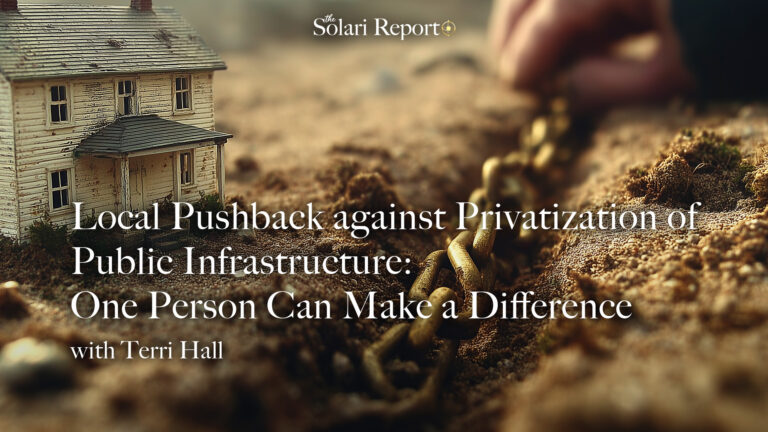
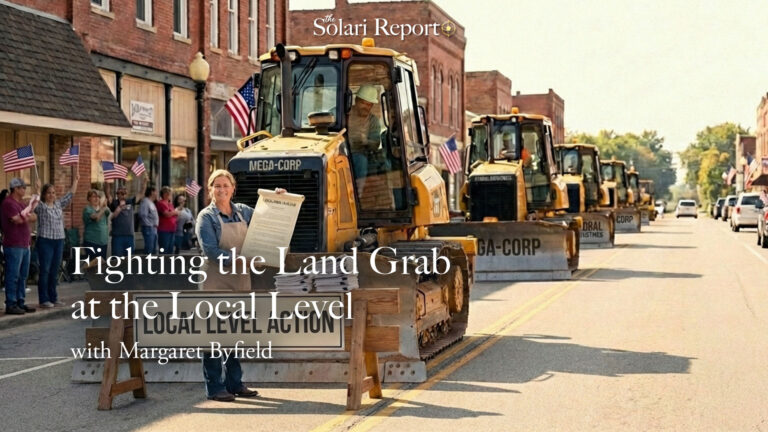

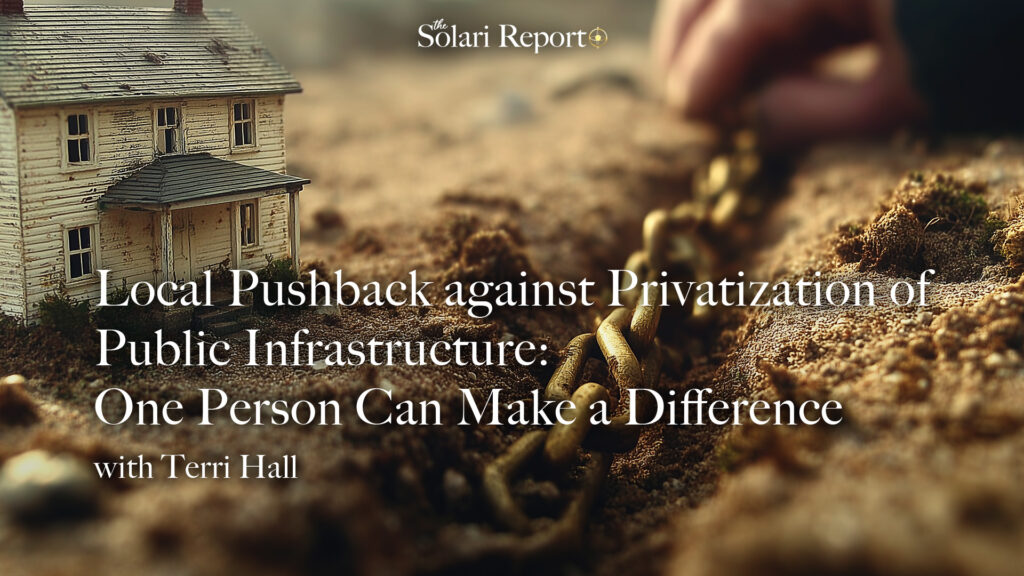
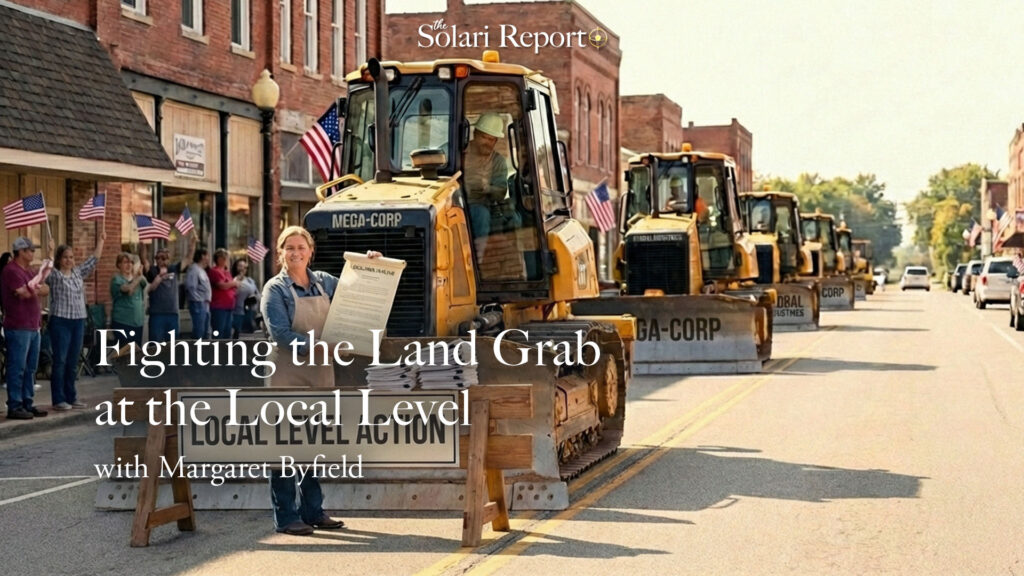















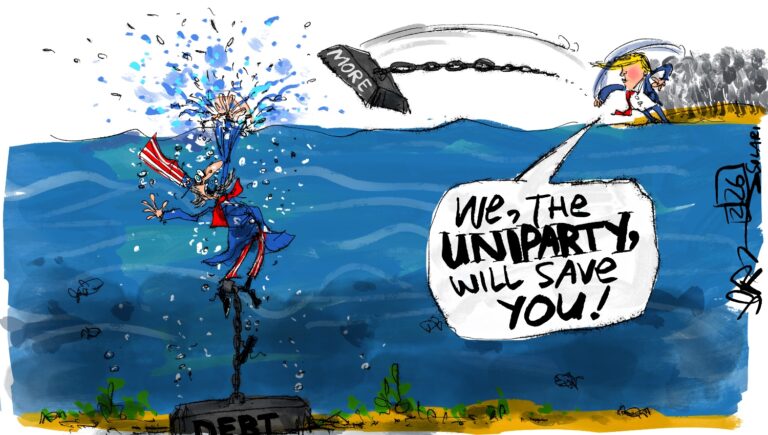





























































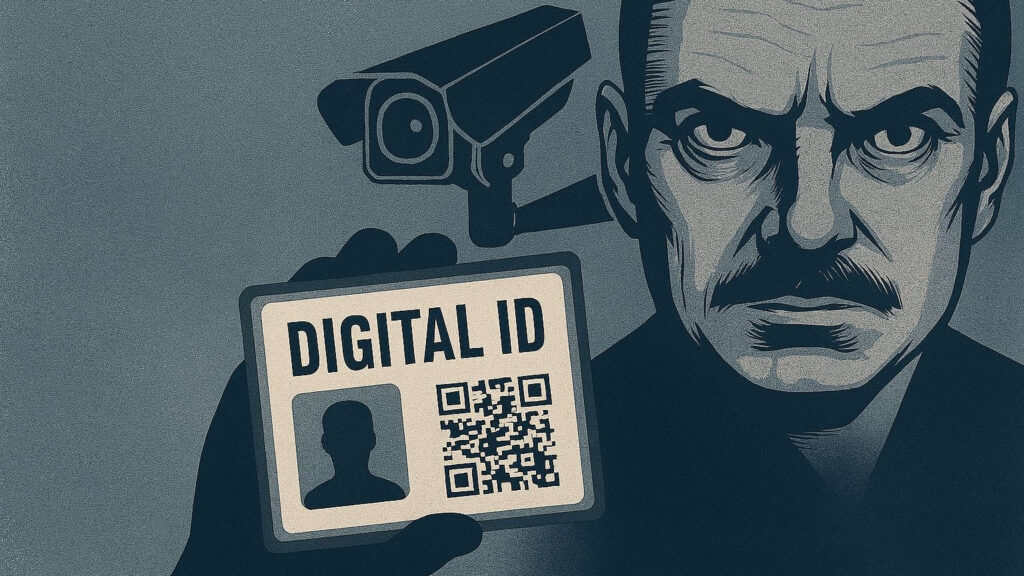







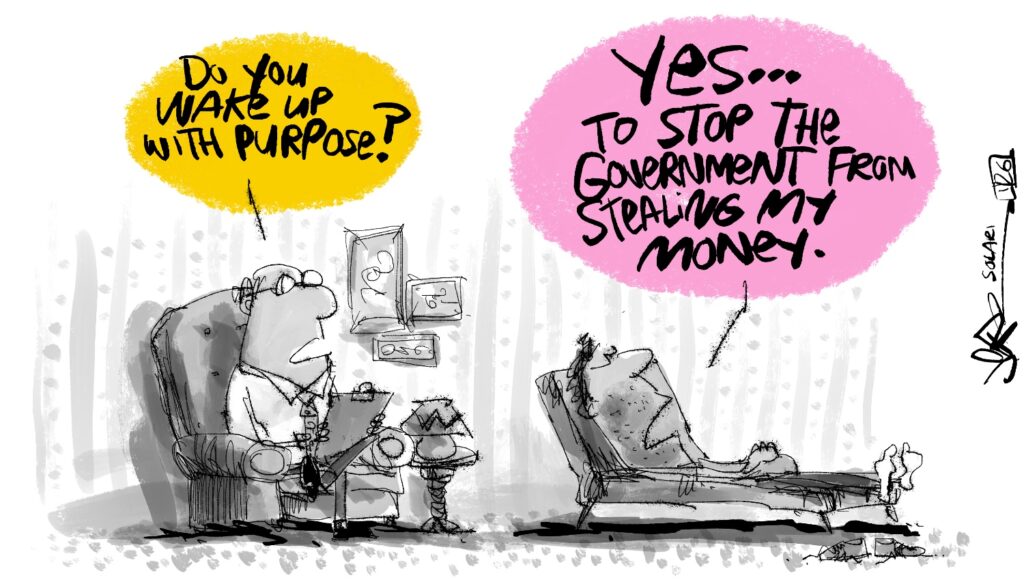





















I am duly warned now and am actively working on finding ways to simply pay off the loan. Thank you for all the excellent material. I have updated my mortgage records with the templates of data to collect and track as recommended. My new servicer is BB&T. We’ll see how horrific they are to deal with.
Hello Felicia, you are well-advised to organize and maintain your mortgage records with BB&T as your servicer.
I have audited a number of mortgage loans serviced by BB&T and the problems my clients have had are unimaginable.
We can unravel complex transaction histories when the consumer maintains excellent records.
Good for you! Marie
One more question, Marie
Dear Catherine,
A dear friend is in the process of buying a foreclosed home in NJ which was taken over via Wells Fargo. Her lawyer says HUD clears all prior liens, debts, and mortgages. Is this true? What problems can ensue when dealing with HUD & Wells Fargo, and what might you suggest to mitigate them?
You will need a “certificate of regularity” to purchase a foreclosed property in NJ.
I do not know what a google search says about a cert of regularity however I do know people who have gotten them prior to purchasing a foreclosure and they were investors and not attorneys. The cert is provided by a third party that reviews the case file for the foreclosure and sees that the correct legal procedures have been followed. Attorneys in NJ have no protections as far as doing foreclosures, their actions are governed by FDCPA and they can be sued accordingly. The higher court has upheld this on appeal when they were sued, I believe it was Federal Court Third Circuit, although I am going from memory. The purpose of the cert is that if you purchased a property wrongfully foreclosed then you have a problem. The Title companies are indemnifying themselves about foreclosures being done incorrectly so the buyer of a foreclosure has no protections other that to sue and the banks and title companies will lay out large amounts in litigation to avoid the case law. i.e. the buyers title insurance policy will not cover the wild west of foreclosures that are going on right now. I hope that explains it better.
Catherine, a Google search turned up this answer:
What is a certificate of regularity New Jersey foreclosure?
A Certificate of Regularity
When you find that firm, ensure they provide a foreclosure review and issue Certificates of Regularity. A Certificate of Regularity is granted to attorneys by the independent service company and serves as an opinion that the foreclosure was conducted in absolute compliance with the law.Aug 1, 2019.
Apparently, the Certificate of Regularity protects the Attorney…but not the Buyer/Borrower.
Legal procedures may have been followed by the Foreclosure Attorney, but if the Mortgage Loan Servicer has not complied strictly with the terms of the Mortgage prior to instituting the foreclosure action, even a completed foreclosure can be deemed by a court to be null and void.
“Certificate of Regularity” reviews the legal documents for the foreclosure case and confirms the legal procedure was followed according to NJ foreclosure law.
What the heck is a “certificate of regularity”
Catherine, this is a great question! After all, who would think that anything can go wrong with a HUD/FHA foreclosure???
The biggest risk is that the mortgage loan servicer who brought the foreclosure action did not comply with the provisions of 24 C.F.R. § 203.604 Contact with the mortgagor, which mandates in relevant part that at least 30 days before foreclosure is commenced, the mortgagee must have a face-to-face meeting with the mortgagor. If the servicer fails to do this, the foreclosure is VOID. Since few consumers know that they have this important right, few challenge the foreclosure.
In cases where the foreclosure can be challenged as void, the new buyer will need to purchase an owners’ title insurance policy.
I would also ask HUD to provide a letter indemnifying me in the event the foreclosure was determined by a court of law to be invalid.
NEVER purchase a foreclosure property that is still occupied by the former owner.
ALWAYS keep complete and accurate records of the real estate transaction and the mortgage loan documents as suggested in our recent interview.
I hope this helps!
Marie
I am duly warned now and am actively working on finding ways to simply pay off the loan. Thank you for all the excellent material. I have updated my mortgage records with the templates of data to collect and track as recommended. My new servicer is BB&T. We’ll see how horrific they are to deal with.
Hello Felicia, you are well-advised to organize and maintain your mortgage records with BB&T as your servicer.
I have audited a number of mortgage loans serviced by BB&T and the problems my clients have had are unimaginable.
We can unravel complex transaction histories when the consumer maintains excellent records.
Good for you! Marie
One more question, Marie
Dear Catherine,
A dear friend is in the process of buying a foreclosed home in NJ which was taken over via Wells Fargo. Her lawyer says HUD clears all prior liens, debts, and mortgages. Is this true? What problems can ensue when dealing with HUD & Wells Fargo, and what might you suggest to mitigate them?
Catherine, this is a great question! After all, who would think that anything can go wrong with a HUD/FHA foreclosure???
The biggest risk is that the mortgage loan servicer who brought the foreclosure action did not comply with the provisions of 24 C.F.R. § 203.604 Contact with the mortgagor, which mandates in relevant part that at least 30 days before foreclosure is commenced, the mortgagee must have a face-to-face meeting with the mortgagor. If the servicer fails to do this, the foreclosure is VOID. Since few consumers know that they have this important right, few challenge the foreclosure.
In cases where the foreclosure can be challenged as void, the new buyer will need to purchase an owners’ title insurance policy.
I would also ask HUD to provide a letter indemnifying me in the event the foreclosure was determined by a court of law to be invalid.
NEVER purchase a foreclosure property that is still occupied by the former owner.
ALWAYS keep complete and accurate records of the real estate transaction and the mortgage loan documents as suggested in our recent interview.
I hope this helps!
Marie
You finally pay off your mortgage. What are the important records that should be saved as proof?
Hello, Tod. That is a great question; thank you for asking it.
Ideally, the servicer for the Note Holder will return your original Note marked “Paid in Full.” That would be the “best evidence” that your Note is now out of circulation and is not being traded or used to collateralize other debt instruments without your knowledge or permission.
If the servicer does not (or cannot) return the original Note, you will need to retain evidence of how you paid off the debt. If you paid off the debt through a sale or a refinance of the property, you should retain the following documents:
• The HUD-1 Settlement Statement or Closing Disclosure that itemizes on what date and to whom the proceeds of the sale or refinance were remitted. You will be given a copy of this document by the escrow/closing agent.
• A Payoff Letter from the servicer detailing the amount required to pay off and satisfy the entire debt followed by a copy of the canceled check or wire transfer showing the exact amount that was tendered in satisfaction of the debt. Again, the escrow agent or settlement attorney will have this documentation.
• A “life of loan transaction history” that provides a full accounting of how the servicer applied your monthly payments from the time you took out the Mortgage Loan to the payoff date.
Also, you should check the public land records to make sure a discharge, satisfaction, or reconveyance of the mortgage or deed of trust has been filed.
Bear in mind that we have clients whose mortgage has been discharged but a debt collector later challenges the discharge and attempts to collect the debt (this is known as “a zombie mortgage”). Therefore, you shouldn’t rely on the public records alone. Make sure you have adequate proof of payment documents as suggested above and below.
If you paid off the Note on your own, you will have direct, primary source evidence that you have done so through your checking account, bank statements, or online payment records. I would encourage you to contact the servicer and ask for a “life of loan transaction history” and a letter stating that the debt has been “Paid in Full.” You should also make sure that a discharge has been recorded in the public land records.
I hope this answers your questions, Tod, but feel free to contact me if I can be of further assistance at 774-323-0892 or at marie@mcdonnellanalytics.com.
I want to underscore the importance of closing the loop locally to make sure the satisfaction is reflected in the public land records.
Catherine,
I completely agree with you on this one! People need to be certain that a discharge or satisfaction of mortgage has been recorded. Most state laws require the discharge to be filed within 30-45 days after the mortgage loan has been paid off.
Here is an interesting wrinkle, however. I have three clients whose mortgage was discharged when the loan had NOT been paid off.
One client inherited his mother’s house and while probate was still open, a discharge of mortgage was filed in the county land records. My client took out a new mortgage believing that the loan had been paid off and is now in litigation to straighten the situation out.
Interestingly, the mortgage loan was allegedly securitized into a trust over which The Bank of New York Mellon serves as Trustee; I discovered that the Trust does not claim to own this loan. Nevertheless, it will take a miracle to get the courts to see the light because they are so biased in favor of creditors.
Let’s use our community banks and credit unions for our mortgage lending needs!
You finally pay off your mortgage. What are the important records that should be saved as proof?
Hello, Tod. That is a great question; thank you for asking it.
Ideally, the servicer for the Note Holder will return your original Note marked “Paid in Full.” That would be the “best evidence” that your Note is now out of circulation and is not being traded or used to collateralize other debt instruments without your knowledge or permission.
If the servicer does not (or cannot) return the original Note, you will need to retain evidence of how you paid off the debt. If you paid off the debt through a sale or a refinance of the property, you should retain the following documents:
• The HUD-1 Settlement Statement or Closing Disclosure that itemizes on what date and to whom the proceeds of the sale or refinance were remitted. You will be given a copy of this document by the escrow/closing agent.
• A Payoff Letter from the servicer detailing the amount required to pay off and satisfy the entire debt followed by a copy of the canceled check or wire transfer showing the exact amount that was tendered in satisfaction of the debt. Again, the escrow agent or settlement attorney will have this documentation.
• A “life of loan transaction history” that provides a full accounting of how the servicer applied your monthly payments from the time you took out the Mortgage Loan to the payoff date.
Also, you should check the public land records to make sure a discharge, satisfaction, or reconveyance of the mortgage or deed of trust has been filed.
Bear in mind that we have clients whose mortgage has been discharged but a debt collector later challenges the discharge and attempts to collect the debt (this is known as “a zombie mortgage”). Therefore, you shouldn’t rely on the public records alone. Make sure you have adequate proof of payment documents as suggested above and below.
If you paid off the Note on your own, you will have direct, primary source evidence that you have done so through your checking account, bank statements, or online payment records. I would encourage you to contact the servicer and ask for a “life of loan transaction history” and a letter stating that the debt has been “Paid in Full.” You should also make sure that a discharge has been recorded in the public land records.
I hope this answers your questions, Tod, but feel free to contact me if I can be of further assistance at 774-323-0892 or at marie@mcdonnellanalytics.com.
I want to underscore the importance of closing the loop locally to make sure the satisfaction is reflected in the public land records.